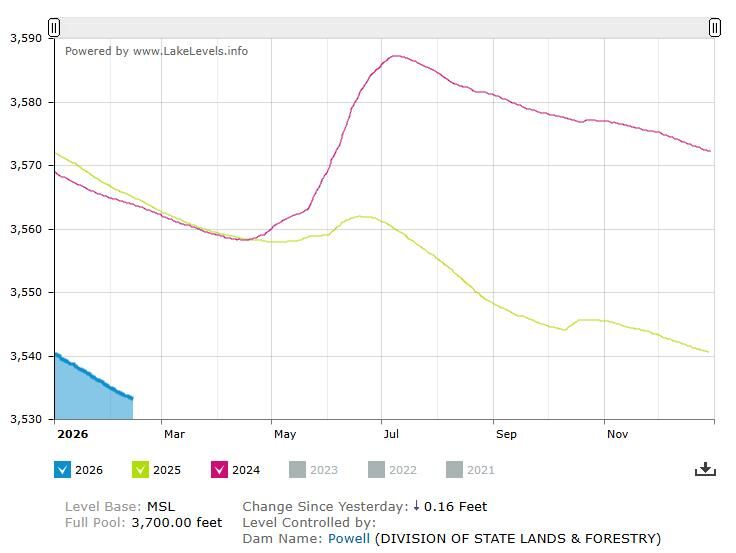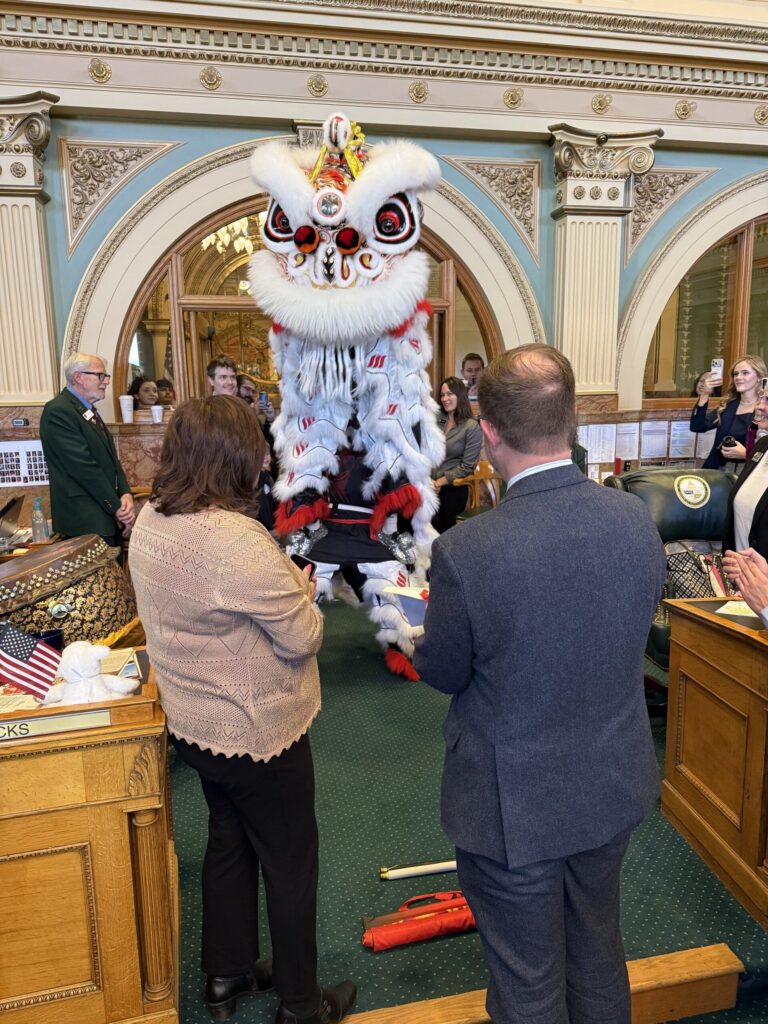Colorado candidates collect signatures to get on the ballot

Candidates who are planning to collect voter signatures to try to get on the June 28 primary ballot may start circulating their petitions today, although it’s likely the weather will crimp campaigning.
Collecting voter signatures is one way of getting on the ballot. Another is going through an assembly and receiving at least 30 percent of the delegate vote.
For candidates going the signature route, the petition format first must be approved by the Colorado Secretary of State’s office. So far, 21 candidates have received the OK to proceed. Other candidates are waiting to have their petition formats approved.
A number of Republicans have lined up to challenge U.S. Sen. Michael Bennet, the Democratic incumbent. So far, five have had their petition formats approved.
Some candidates are collecting signatures and planning to go to their assemblies. That way if the assembly doesn’t work out, they will have the signatures to fall back on.
The petitions are due to the Secretary of State’s office for verification by April 4. Voters can only sign one petition per race. If they sign more than one, the signature counts for the candidate who first turned in petitions, which is why there is such a hustle in competitive races to get signatures collected.
Candidates are required to collect a certain number of signatures from voters in their own party, depending on what office they are running for. In some state House races, candidates only have to collect 650 signatures. Statewide candidates must collect 1,500 valid signatures from each of the seven congressional districts, or 10,500 signatures.
Among those who have petitioned onto the ballot and gone on to win in November were Republicans Tom Tancredo and Doug Lamborn in their first congressional runs.
The big news in 2006 was that Republican gubernatorial candidate Marc Holtzman didn’t collect enough signatures to get on the ballot. Two years earlier, Democrat Mitch Morrissey was forced to petition on the ballot after failing to get 30 percent of the delegate vote at the assembly in his race for Denver district attorney. He went on to win the election.
Candidates who have had their petition formats approved:
U.S. SENATE
Robert Blaha of Colorado Springs; Ryan Frazier of Aurora; Jon Keyser of Morrison; Jack Graham of Fort Collins and Don Rosier of Littleton
CONGRESS
District 5Moses Humes of Colorado Springs, Democrat
STATE SENATE
District 12Bob Gardner of Colorado Springs, Republican
District 29Su Ryden of Aurora, Democrat
District 31Erin Bennett of Denver, Democrat
STATE HOUSE
District 3Meg Froelich of Greenwood Village, Democrat
District 6Michelle Fry of Denver, DemocratMark McIntosh of Denver, Democrat
District 16Larry Liston of Colorado Springs, Republican
District 18, 943 signaturesAthena Roe of Colorado Springs, Democrat
District 42, 650 signaturesDominique Jackson of Aurora, DemocratEric Nelson of Aurora, DemocratNaquetta Ricks of Aurora, Democrat
District 63, 1,000 signaturesColleen Whitlow of Mead, Republican
DENVER DISTRICT ATTORNEYKenneth Boyd of Denver, Democrat,
CU REGENT from CD 1Zachary Rothmier of Denver, DemocratLucky Vidmar of Denver, Democrat
To see more posts from Lynn Bartels, visit her official blog at the Colorado Secretary of State website.












